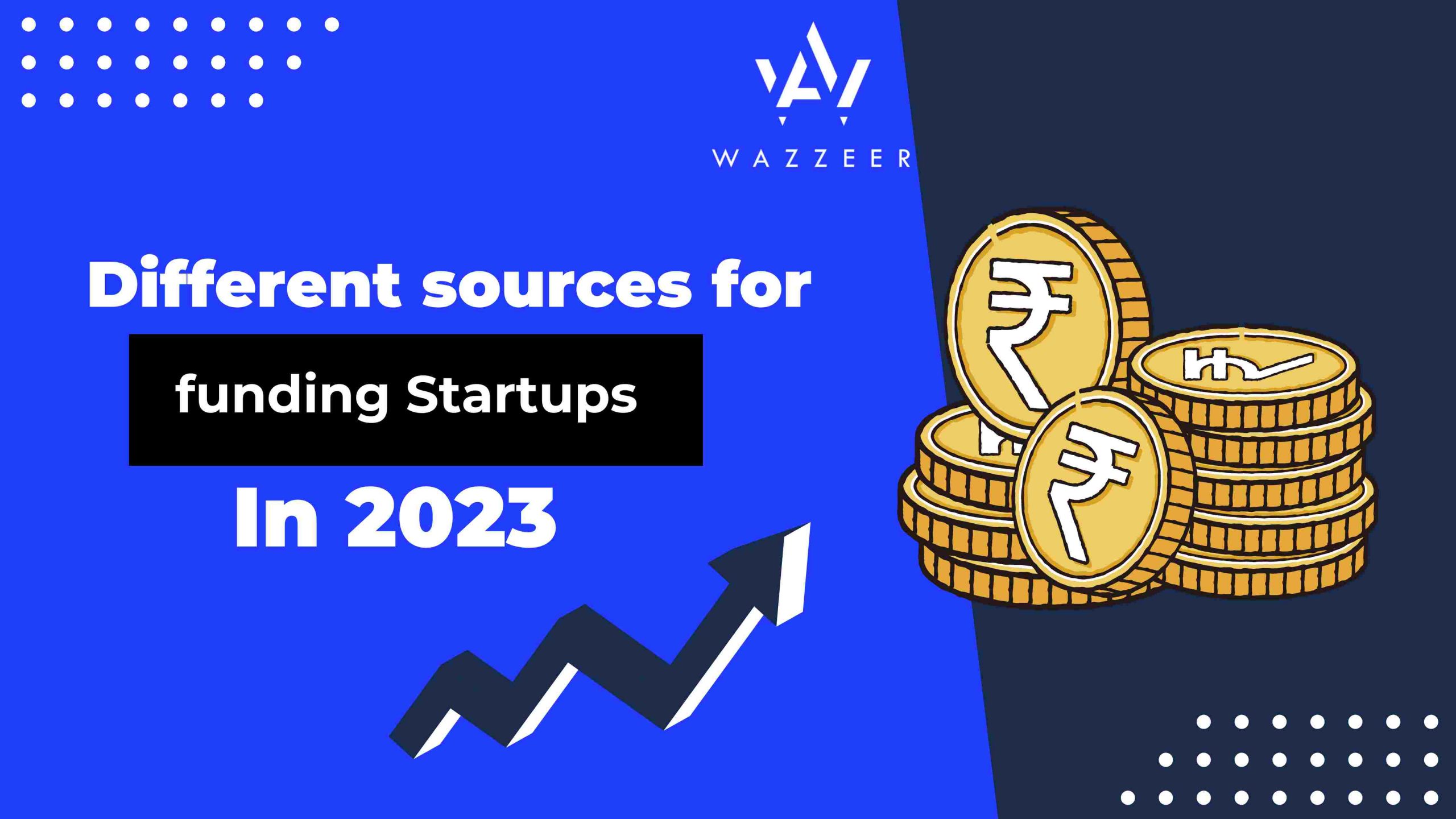At different stages of startup lifecycle, namely – startup and early-stage development, growth and expansion, and maturity, the requirement for funds inevitably comes up. As the meeting of such requirements comes to the mind, entrepreneurs tend to consider different sources of funding for startups. In this blog, we will be looking into such sources for raising funds from.
Seed Capital And Early Stage Funding Stage:
Seed funding when the business is pre-revenue and it may still be developing an MVP. This funding is used by the startup to: cover the initial costs of starting, to invest on the R&D and to sustain the venture. The funding that happens is close to having or already has some revenue but remains unprofitable. Sources of funding in this stage is:
Personal Investment/Bootstrapping:
Also, referred to as bootstrapping or self-financing or some call it having “Skin in the game” traditionally available options under this are:
- Investment from savings
- Borrowing against real estate assets
- Liquidating personal assets
- Using personal assets as collateral for a loan
Funding by Friends and Family:
Though the personal relationship comes handy while raising funds from these parties, potential conflicts can be avoided by securing these investments after performing supporting legal compliance. We suggest you prepare funding contracts that fully discloses the terms of the financing.
Private or Governmental grant funding options:
Grants are funds that need not be paid back. Grants usually carry stipulations as to how the grant money can be spent over a specific time period. Qualifying to become a beneficiary of grants is time-consuming and tedious.
Crowdfunding:
The other source of funding startups is raised online by the collective efforts and cooperation of a network of many individuals. There are two types of crowdfunding:
- Reward crowdfunding: Startup reward (by offering company’s product or services to the investor for free or at a reduced rate) their investors for making investment
- Securities crowdfunding: Startup sells securities in the company in exchange for capital from investors.
Equity Funding:
Equity Funding is the most common source of funding for early-stage businesses wherein investor gets a partial ownership of the company for the investment made. Various options under this source are:
Angel investors:
These are affluent individuals who are interested in investing privately in small businesses during early stage of growth. Angel investors fund in exchange for convertible debt or ownership equity.
Venture Capital:
VC funds are typically derived from a pool of professionally managed funds contributed by an individual venture capitalist or institutional investors. Funds are invested for exchange for an interest stake in the venture, for the directorship, the right to approve the loan on behalf of the business, the authority of hiring or firing, involvement in business decisions etc.
Debt Funding:
Funds are borrowed with the intent to be repaid within a fixed period, with interest. Interest paid on the loan is tax deductible for the borrower.
Mezzanine Financing:
Mezzanine financing is a form of debt with warrants or convertible debt, which begins as a loan and later converts to equity if the loan is not repaid or a certain return on investment has not been achieved.
In the end please note, that the compliance associated with each of these sources of funding is different, which requires professional help to deal with such compliances. We at Wazzeer can offer a consultation on the compliance requirement in case you are interested
